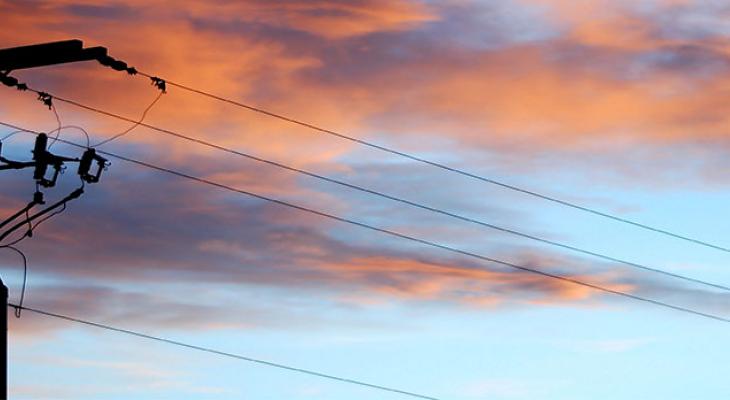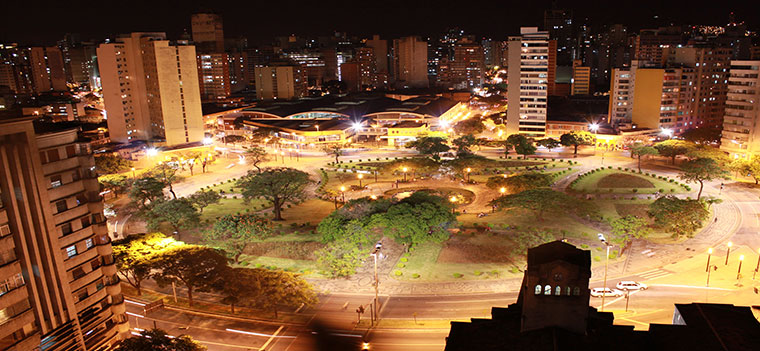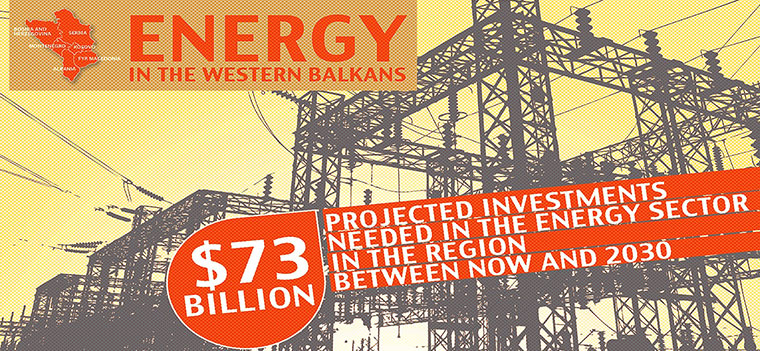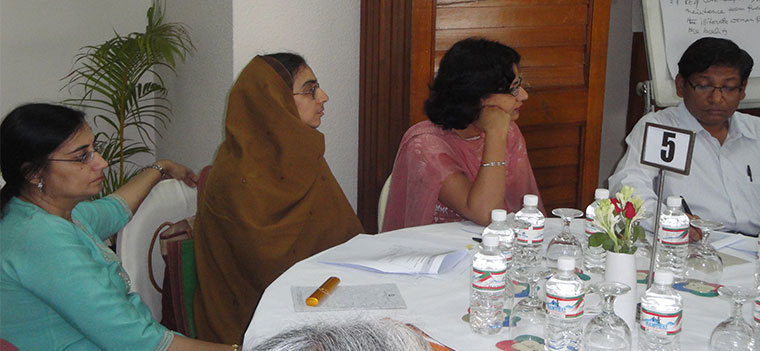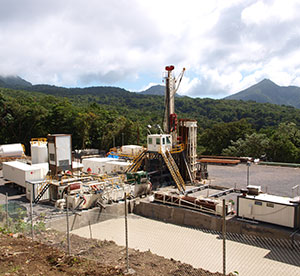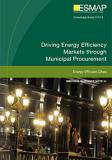E-BulletinIssue | June 2014
Highlights
June 9 2017
Rapid expansion of energy access requires both accurate assessment and tracking of progress in energy supply and use. Up until now, though, energy access has generally been measured with simple, binary metrics (“having a connection” “not having a connection”). For the past year, ESMAP has supported the development of a new approach to measurement of energy access, which takes into account not only quantity of energy supplied, but also quality, duration, reliability, legality, affordability, convenience, and health and safety. This “multi-tier” framework was well received at its first public presentation – at the First SE4ALL Forum, held at UN Headquarters in New York on June 4-6, 2014.
June 26 2014
Energy supply in Western Balkan countries is heavily dependent on imported fossil fuels, costing over $4.1 billion in 2012. With demand for energy in the six countries of the Western Balkans expected to increase by as much as 70 percent in the coming two decades, policymakers are now being faced with the daunting challenge of meeting this demand in an affordable and sustainable manner. The World Bank Group, with support from ESMAP, is working with the region’s governments to significantly scale-up energy efficiency programs. Recommendations include the development of a functioning energy-services market and the establishment of a funding mechanism to finance future efficiency projects.
June 18 2014
Gender and social inclusion considerations must be integrated into energy programs if they are to realize their development objectives. Since 2010, ESMAP has supported the Africa Renewable Energy and Access (AFREA) Gender and Energy Program as it works with government agencies and other stakeholders in 6 African countries to integrate gender into energy access operations. As part of this work, a workshop was held in Dakar, Senegal on April 7-9 that allowed countries to exchange knowledge on developing institutional capacity, working with utility companies, and community-level pilot interventions.
June 18 2014
Publications
Resources
Events
Learning and Collaboration
Published on: 06/01/2014
